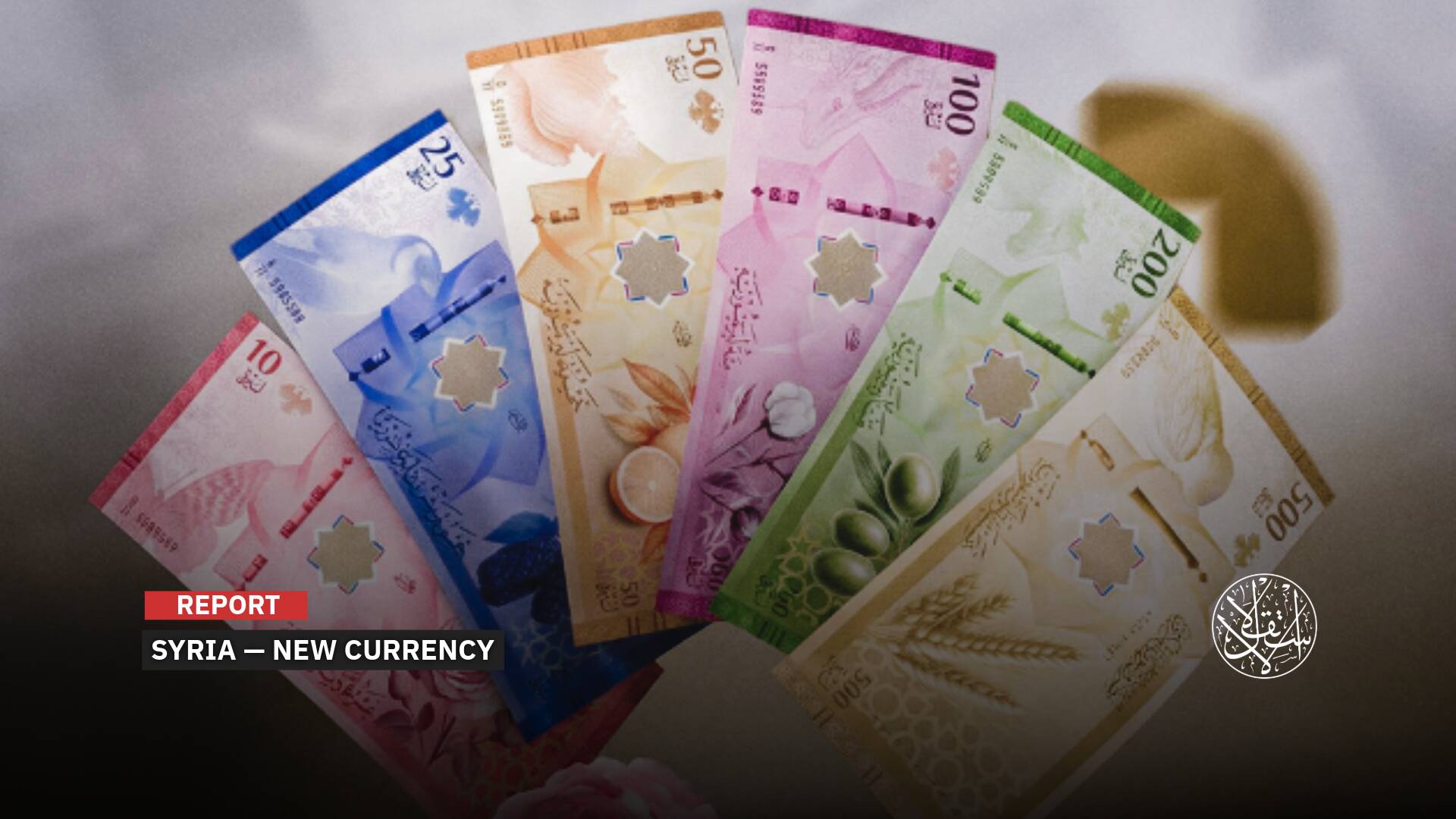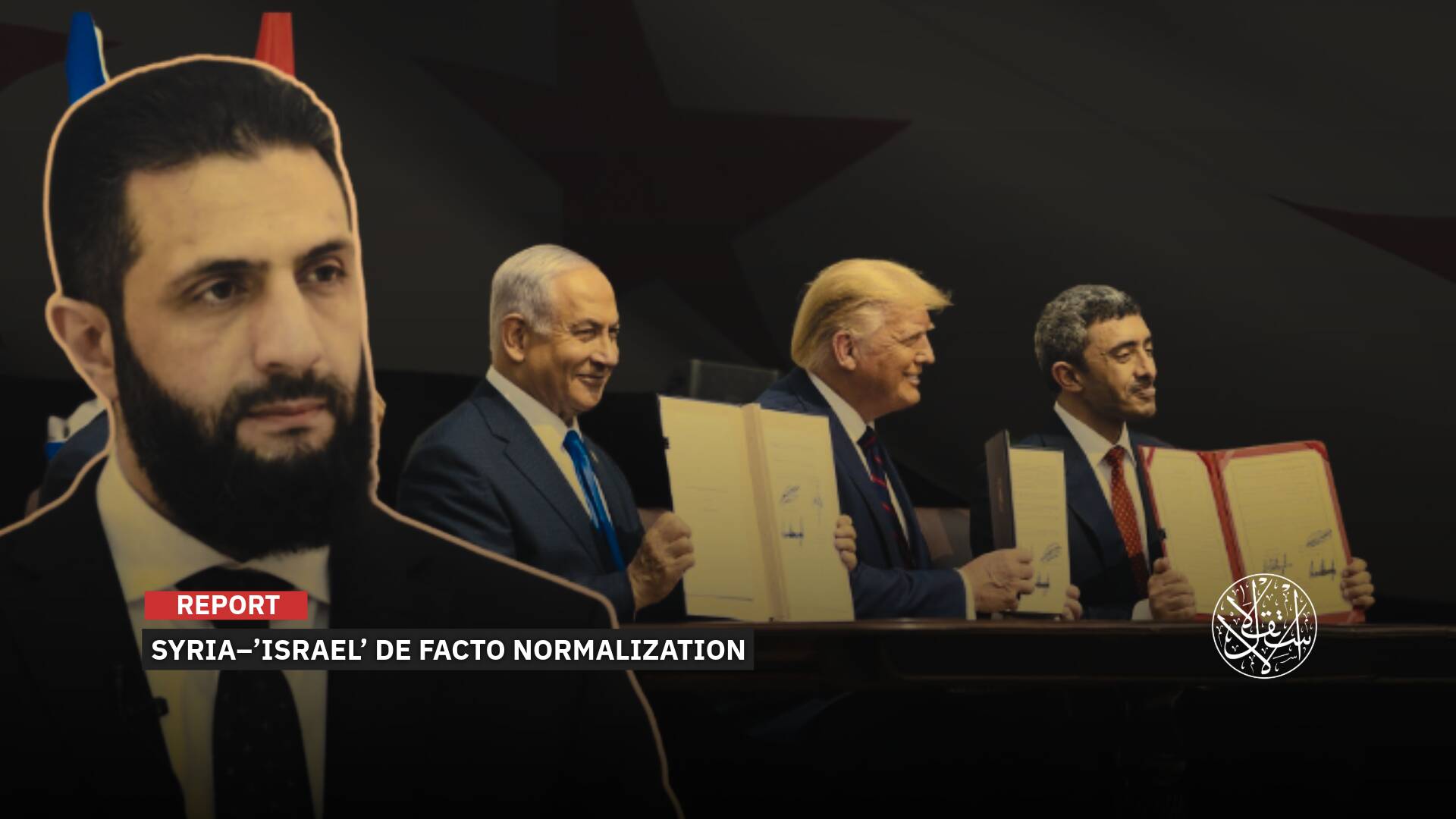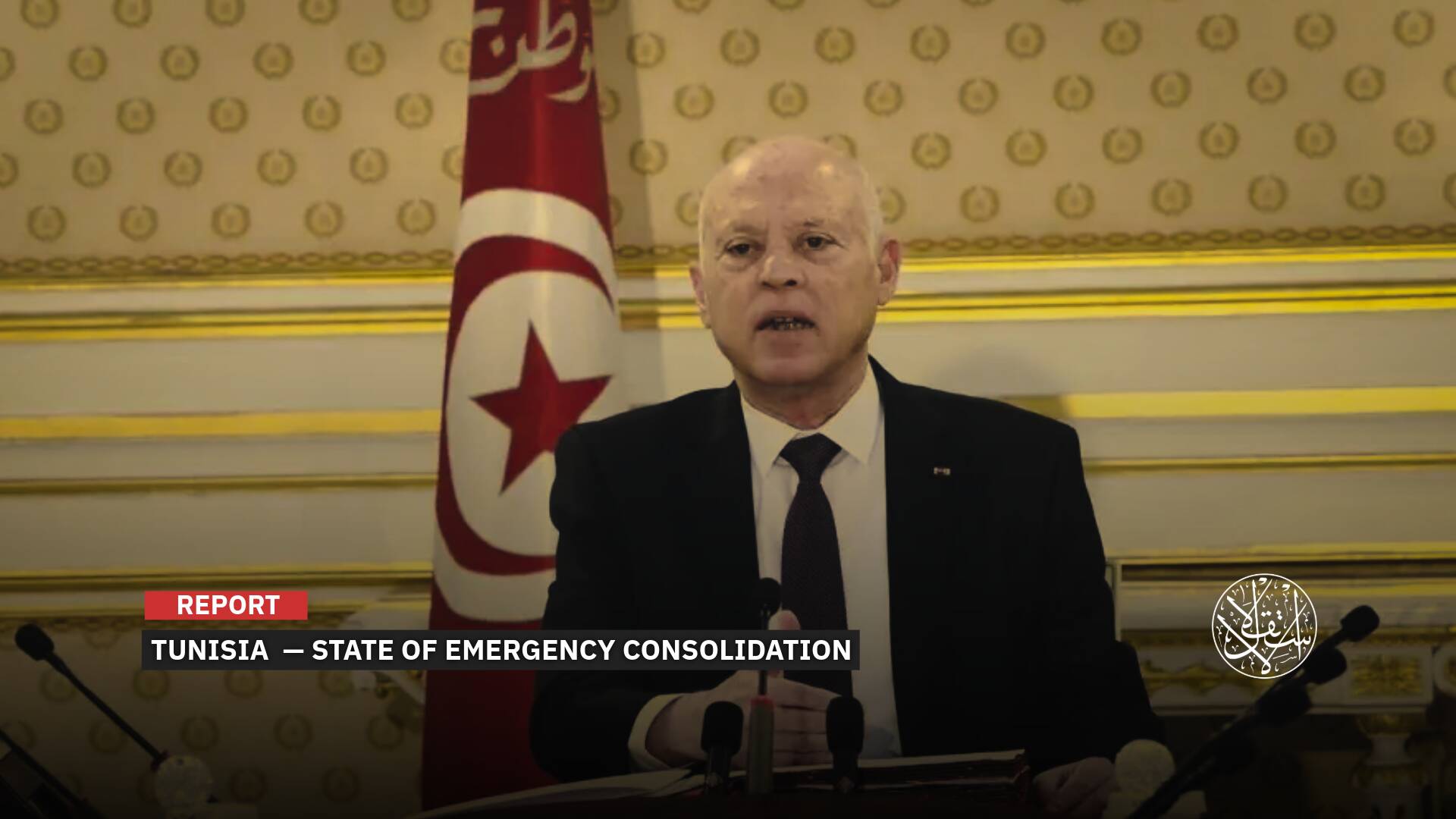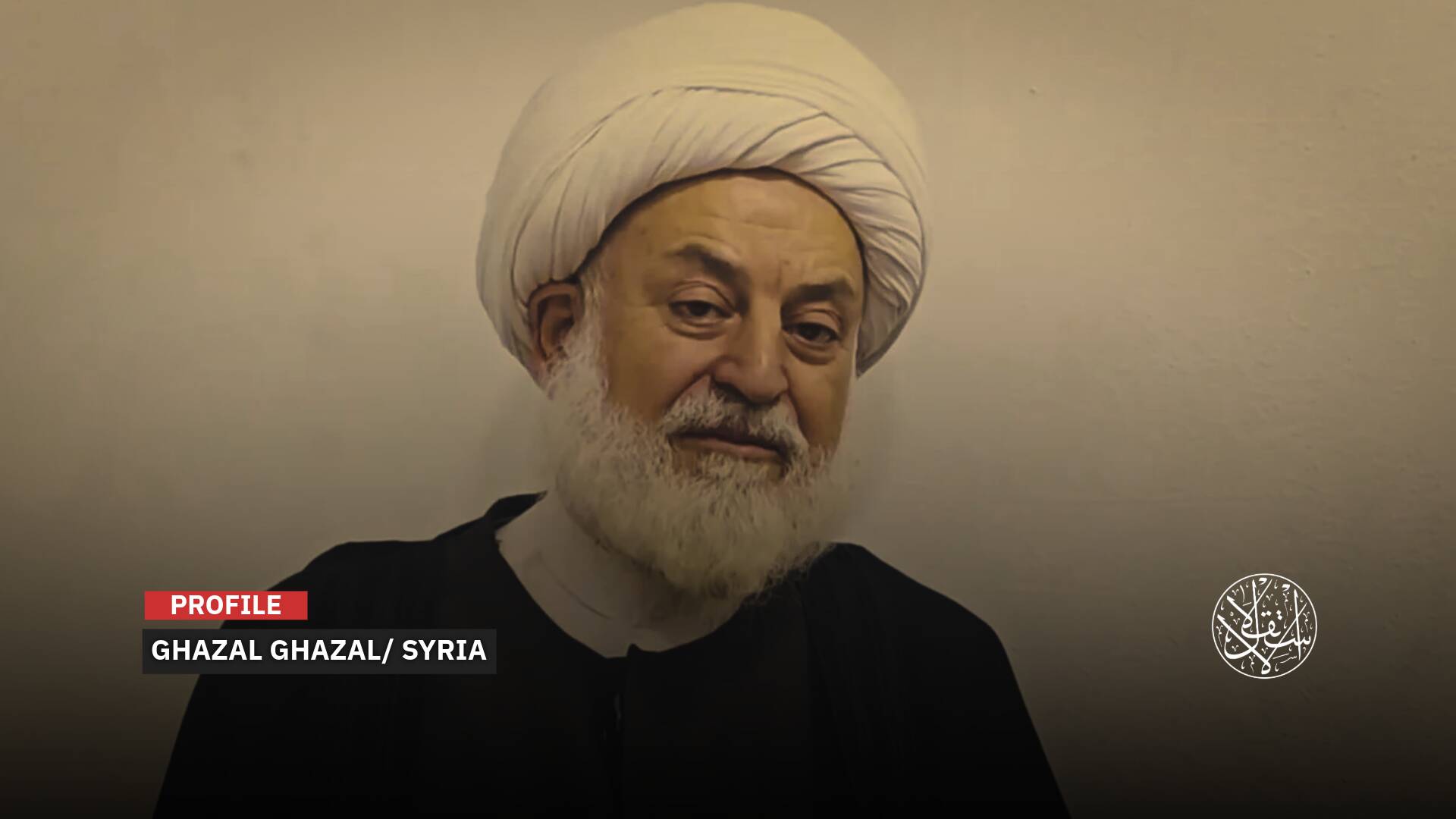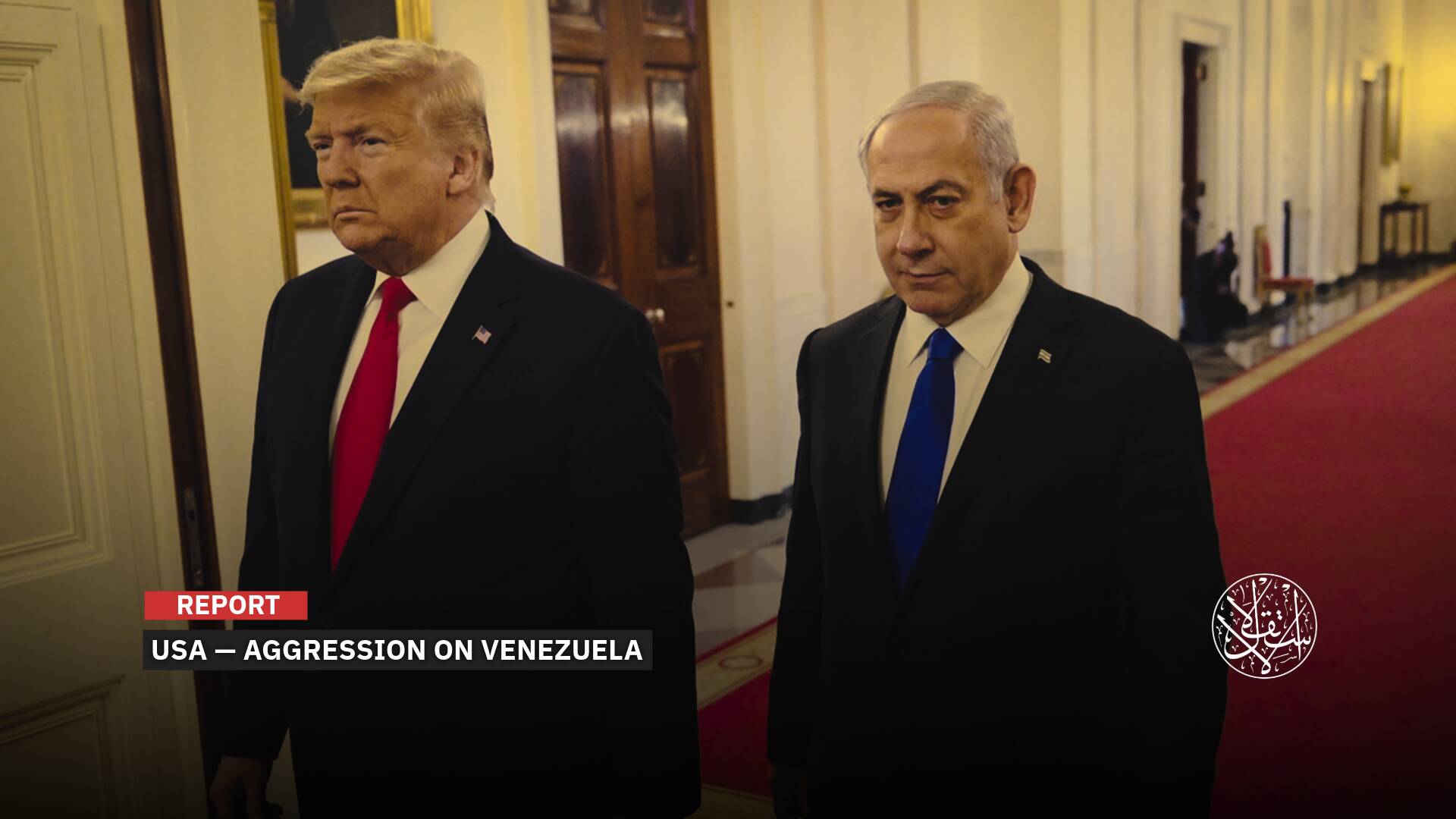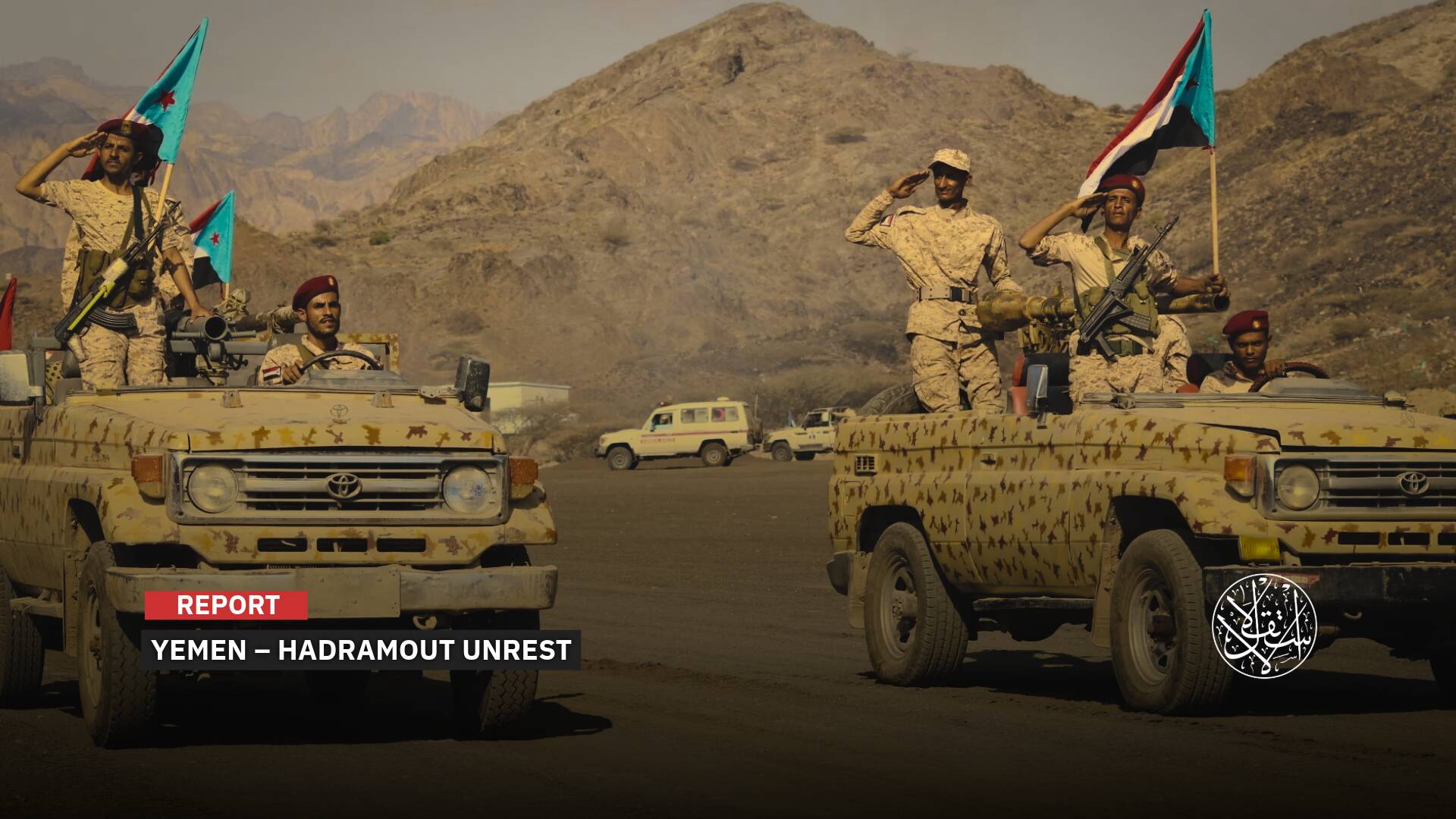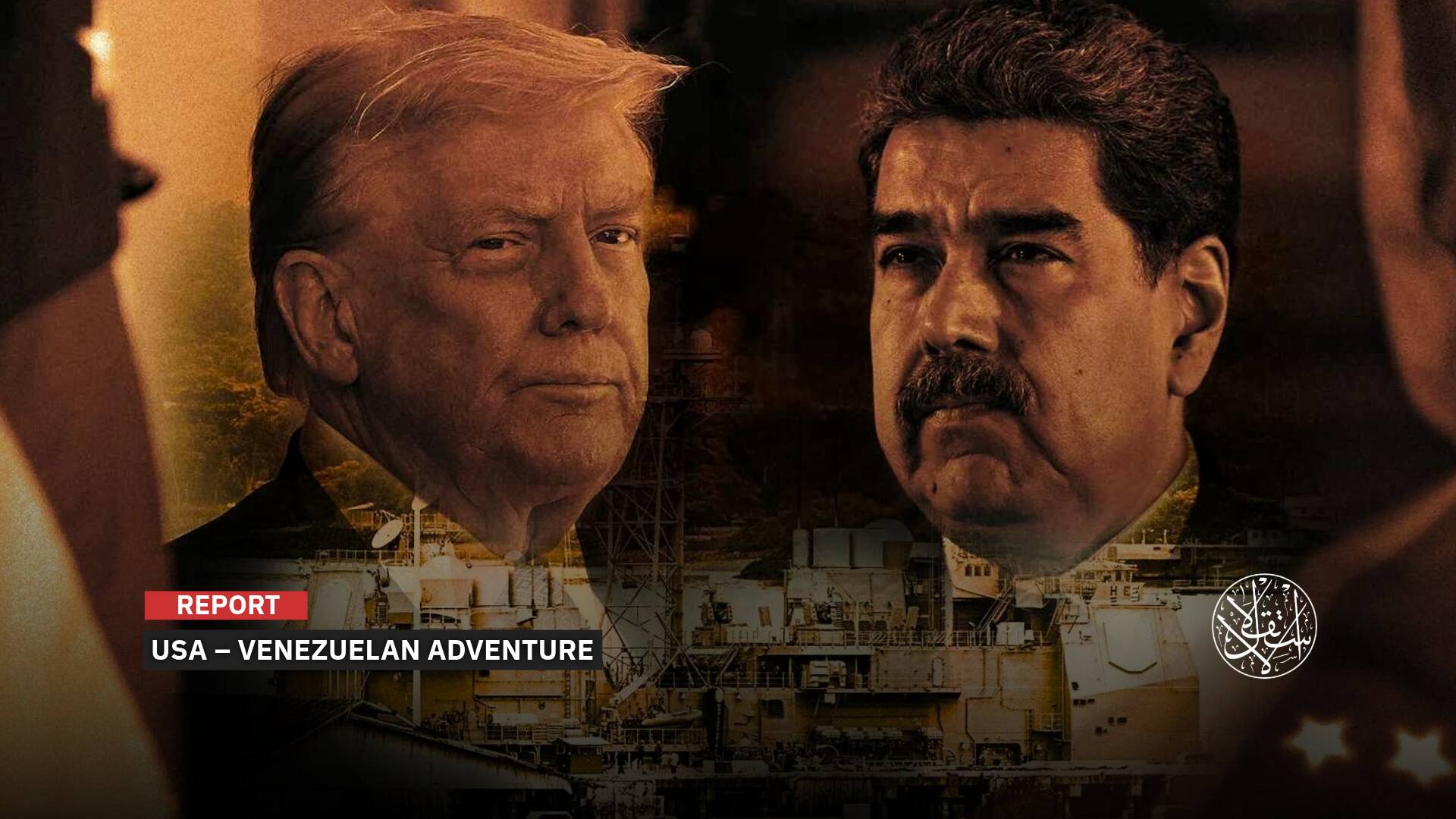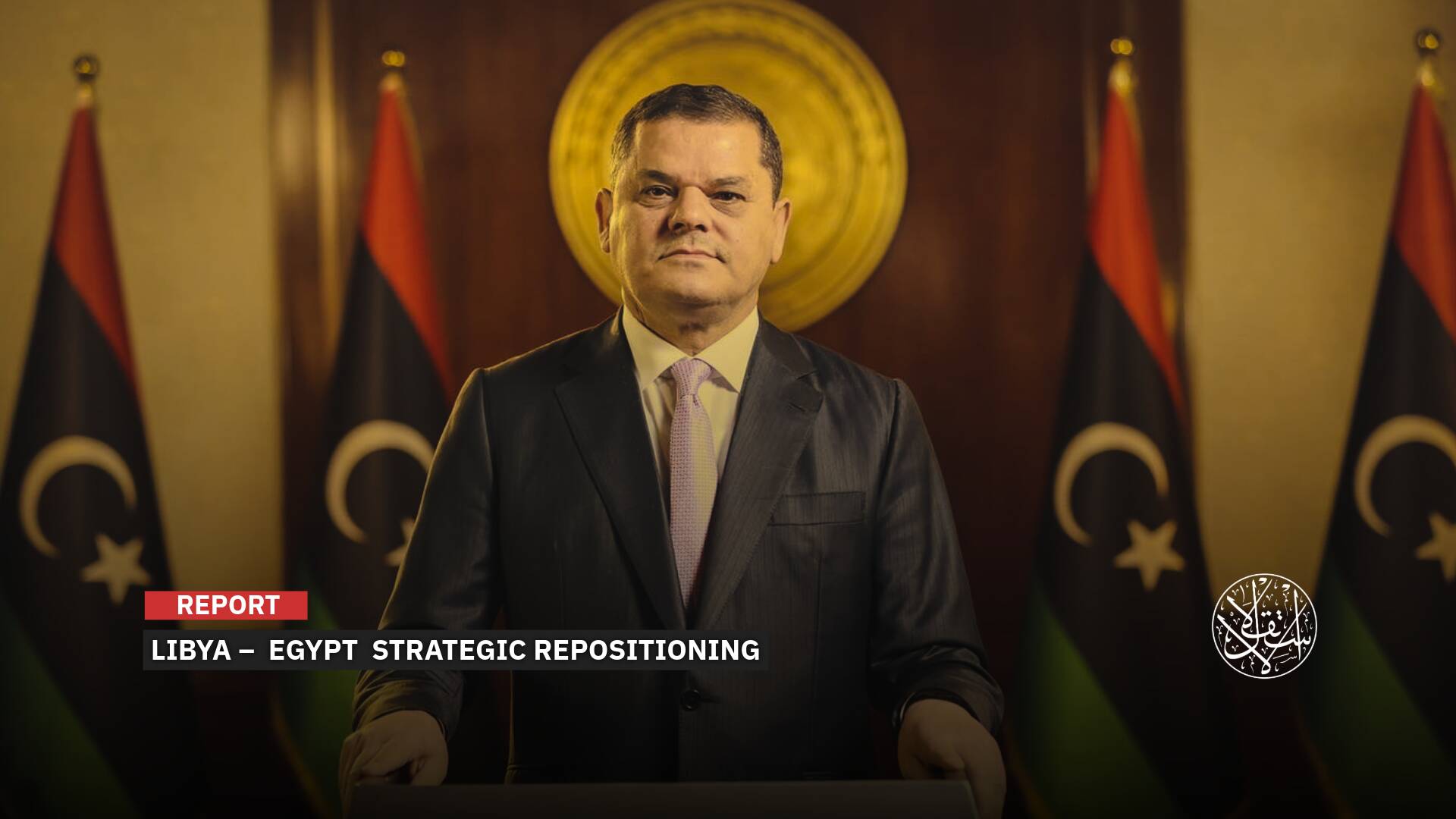Targeted Attacks or a Ground War: How Hezbollah will Respond to the Israeli Attacks?

For Hezbollah, the targeting of its senior leadership has undoubtedly raised serious concerns.
In a significant development amid escalating tensions between Lebanon and the Israeli occupation, Hezbollah has confirmed the assassination of its senior military commander, Ibrahim Aqil.
Aqil, who was the second-in-command after Fouad Shukr, was killed along with more than 15 Hezbollah fighters in a missile strike conducted by an Israeli drone.
The strike targeted the southern suburbs of Beirut, a Hezbollah stronghold, on Friday, September 20, 2024. The attack comes as part of a wider Israeli campaign, intensifying concerns of a broader conflict on the northern front.
Leaders Assassination
In a statement released shortly after the attack, Hezbollah honored Aqil’s legacy, describing his life as one of “jihad, sacrifice, and victory,” as they mourned his death alongside other high-ranking officials.
In July 2015, the U.S. Treasury Department designated Aqil as a "global terrorist," and in 2019, this designation was reinforced, alongside a reward for information leading to his arrest.
His assets were frozen in U.S. jurisdictions, and Interpol issued arrest warrants for his suspected involvement in a series of attacks, including the kidnapping of two German hostages and a bombing in Paris in the late 1980s.
Aqil's assassination represents a severe blow to Hezbollah’s military wing, particularly the Radwan Force, which has suffered a series of high-profile losses in recent months.
Among those killed were two of its three regional commanders in southern Lebanon: Muhammad Ni’mah Nasser, who died in an airstrike in July, and Talib Abdullah, who was killed in June.
Wissam al-Tawil, a senior field commander, was also killed earlier this year in a targeted strike on his vehicle in southern Lebanon.
Aqil’s death marks a major setback for Hezbollah as it faces mounting pressure on multiple fronts.
Ahmed Mahmoud Wahbi, another senior Hezbollah figure who was with Aqil at the time, was also mourned in a separate statement.
Wahbi, who had held several critical leadership positions within Hezbollah’s military wing, including responsibilities in the elite Radwan Force, had played a significant role in Hezbollah’s operations in southern Lebanon, and in supporting Syria’s Bashar al-Assad as well.
This marks the third targeted strike by Israeli forces on Beirut’s southern suburbs in less than a year, breaking long-standing red lines between the Israeli occupation and Hezbollah.
Previous attacks included the assassination of Hamas’s Saleh al-Arouri in January and Hezbollah’s Fouad Shukr in July.
The escalating confrontation follows a series of bombings earlier in the week that targeted telecommunications infrastructure across Beirut, resulting in dozens of casualties and heightening fears of a broader military escalation.
Israel’s Defense Minister Yoav Galant recently announced that the conflict with Hezbollah had entered “a new phase,” further fueling anxieties about the widening scope of the war.
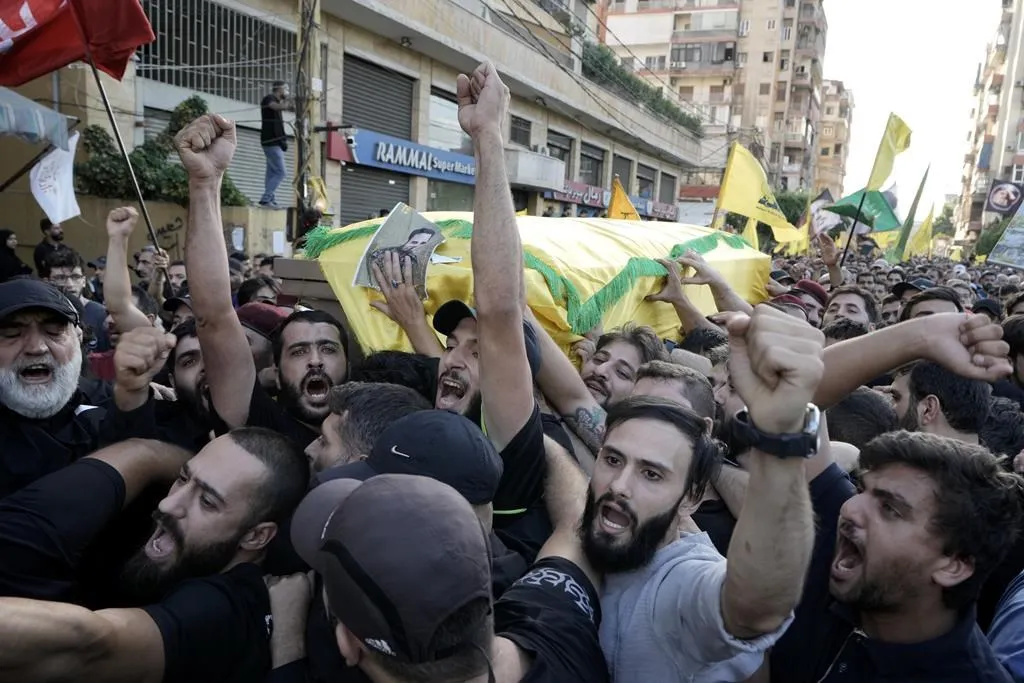
Hezbollah Failure
According to reports from Israeli media, the assassination of Hezbollah’s senior military leader Ibrahim Aqil was swiftly planned and executed following a high-level meeting on the morning of the operation.
Chief of Staff Herzi Halevi and the Northern Brigade commanders authorized the strike based on intelligence provided by a trusted source.
This intelligence revealed that top leaders of Hezbollah’s elite Radwan Force were convening in a residential apartment in Beirut's Jamous neighborhood, located in the southern suburbs of the city. The meeting was held on the second underground floor of the building.
This operation is viewed by some as a calculated move by the Israeli occupation to regain its footing following the heavy blow it suffered on October 7, 2023, during a surprise Hamas attack.
It also offers Prime Minister Benjamin Netanyahu and his government a potential propaganda victory amid ongoing domestic criticism.
The assassination of Aqil bears a strong resemblance to the July 30, 2024, operation that killed Hezbollah leader Fouad Shukr, also in the southern suburbs of Beirut.
Both strikes were based on detailed intelligence gathered through either human sources or cyber espionage, reflecting Hezbollah’s ongoing struggle with internal security breaches.
The Israeli military’s precision in these operations, coupled with Hezbollah’s delayed or muted responses, suggests that the strikes were not just opportunistic but carefully planned, relying on accurate and actionable intelligence.
For Hezbollah, the successful targeting of its senior leadership has undoubtedly raised serious concerns.
The organization's leaders will likely place the issue of internal security breaches high on their agenda as they assess how such critical vulnerabilities could be exploited so repeatedly by Israeli forces.
Political analyst Yasser Sadiq told Al-Estiklal that the issue in the party is not just a security breach, rather the party suffers from fragility and weakness in its security structure.
“Hezbollah’s strategic mind is infected with a tumor called the Syrian war, and its military body is lax due to ten years of cold slaughter of Syrian civilians, fighting under the shadow of Bashar barrels and Russian bombing, in addition to rampant and pervasive corruption linked to the money it has collected, the drug trade it supervises, and cannabis farms,” Sadiq added.
“Hezbollah has not entered into a war with Israel since 2006, so it knows little about the enemy's intelligence development.”
“Therefore, the support front that he opened cost him a high cost, the war did not start and lost more than 400 individuals in bombing and assassinations, and about 1000 members in the Pager operation and three times their insurmountable injuries.”
“I believe neither Hassan Nasrallah nor his party will have time to regroup, and the Israeli occupation will continue to beat and tighten the grip on the party. Lebanon and Yemen are the only countries that have supported Gaza, but now Lebanon needs someone to support it,” he concluded.
Losing Balance
Since the onset of the October 7, 2023, Hamas-led "Flood of Al-Aqsa" operation, Hezbollah has been attempting to maintain a delicate balance: preserving the pre-existing deterrence dynamic with Israel while simultaneously opening a secondary front in support of Gaza.
The goal has been to distract and divide Israel’s military focus. However, this strategy appears to be faltering under the weight of Israeli efforts to either neutralize Hezbollah or provoke it into a direct confrontation.
By increasing pressure on multiple fronts, the Israeli occupation seems intent on draining Hezbollah's resources—militarily, politically, and psychologically—forcing the group into an untenable position.
It is becoming increasingly clear that Hezbollah’s security vulnerabilities are not recent developments, nor are they a product of the current Gaza conflict.
The series of explosions that targeted the party’s wireless communications devices exposed longstanding breaches in Hezbollah’s internal security.
These breaches, likely spanning several years, have been exploited by the Israeli occupation at moments most advantageous to its strategic objectives.
This raises the urgent need for Hezbollah to reevaluate its security infrastructure and address these gaps, particularly given the scale and capabilities of its adversary—Israel, backed by some of the world’s most powerful nations.
While Hezbollah has attempted to bolster its support for Gaza’s resistance, these security failures and the high-profile Israeli strikes against Hezbollah’s leadership have significantly undermined the regional deterrence equation.
“The Israeli occupation, by exploiting Hezbollah's vulnerabilities, has tipped the balance in its favor, leaving Hezbollah scrambling to respond effectively,” Sadiq said.
The rapid succession of Israeli strikes has not allowed Hezbollah the necessary time to regroup or recover, making it difficult for the group to formulate a well-calibrated response.
Any hasty reaction risks exacerbating the situation, potentially costing Hezbollah far more than it can currently afford.
Despite this, the group finds itself at a critical juncture: how it reacts to these ongoing strikes and security breaches will shape the future of its role as a regional power and its ability to function as a credible support front for Gaza.
Hezbollah’s leadership is undoubtedly aware that the current moment could reshape the conflict's trajectory.
The recent missile barrages targeting northern Israel have been seen by some as Hezbollah’s initial attempt to signal that it remains undeterred and that Israel’s recent operations have not achieved their desired strategic effect
Yet, this exchange is more than just an immediate retaliation; it is a test for Hezbollah, akin to the 2006 war but perhaps more dangerous due to the evolving rules of engagement and shifting deterrence equations.
Hezbollah now faces a critical challenge: whether it can restore and reinforce the deterrence framework that the Israeli occupation has systematically weakened through a series of precision strikes and intelligence operations that have killed many of its leaders.
According to Sadiq, how Hezbollah responds in the coming weeks will determine whether it can maintain its standing in the regional power balance—or whether it will be forced to recalibrate its strategy in the face of mounting Israeli pressure.


